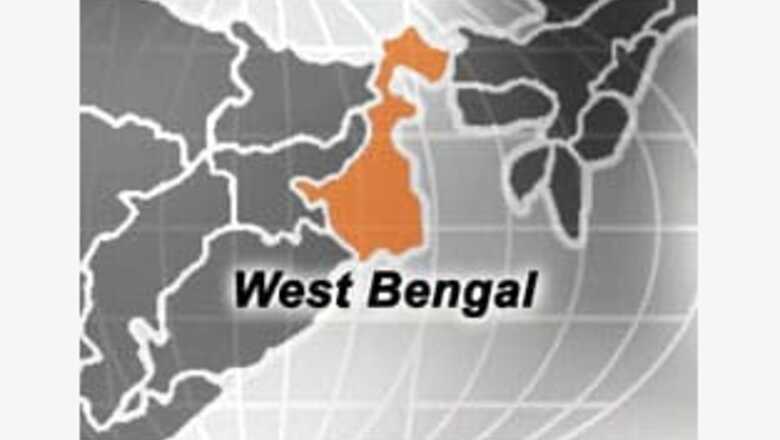
views
Kolkata: Land acquisition and industrialisation have emerged as two of the key issues in West Bengal as campaigning for a no-holds-barred Lok Sabha contest gains momentum.
While the ruling Left Front is trying to cash in on its industrial drive to attract votes mainly in urban and semi-urban areas, the Trinamool Congress is using its opposition to farmland acquisition as the main campaign mantra, particularly in the rural belt.
\"The opposition is trying to destroy the spirit of industrialisation in the state and people have not taken kindly to it,\" the MP of the Communist Party of India - Marxist (CPI-M), Samik Lahiri told IANS.
He said his party was also concentrating on national issues like secularism, price rise, the need for an independent foreign policy, and a review of the civil nuclear deal with the US.
\"Land acquisition and industrialisation are the major agenda of our campaign. We have said we will allow the government to acquire land for essential purposes like building roads, hospitaforcible acquisitionls. But we will oppose,\" Trinamool\'s Partho Chattapadhyay told IANS.
\"Land has to be acquired with the consent of the landowner. There should not be industrialsation at the cost of agriculture,\" he added.
Trinamool chief Mamata Banerjee has termed the anti-land acquisition protest as one for \"Ma, Mati and Manush\" (mother, land and the people).
Land acquisition has become a major talking point since mid-2006 after the opposition\'s success in rallying around land losers in the Singur and Nandigram areas against the government\'s move to take land for industry.
The issue has snowballed, and now even a bid to take land for widening highways attracts glares from sections of the rural masses.
The scenario is a far cry from the past when industrial townships like Haldia, Durgapur and the city\'s satellite township of Salt Lake came up after the government acquired land. There was little or no protest at all.
Trinamool is also bringing up issues like the rights of the Scheduled Castes and the Scheduled Tribes, alleged atrocities by the CPI-M and employment for educated youths. But farmland acquisition is driving its agenda, with Singur and Nandigram as its showcase.
Singur, 40 km from here, in Hooghly district turned into a battleground for about two and a half years since May 2006 after the state government announced the Tata Nano project.
The Trinamoool-led protestors demanded the return of 400 acres - of the 997.11 acres acquired - to farmers. Finally, Tata Motors in October moved the plant for the world\'s cheapest car to Gujarat.
The state government\'s efforts to set up a chemical hub project in Nandigram, 150 km from here, in East Midnapore district also came unstuck in 2007 following stiff resistance from Trinamool-led farmers. It has now been relocated.
In a token gesture, Trinamool will carry a pot of soil from Nandigram at its rallies across the state to woo its new votebank - the rural masses, who have sided with the Left Front for years because of agrarian reforms.
\"The anti-land acquisition factor will play an important role in the rural areas as this issue is very close to the hearts of people there. But it will not be able to attract too many in the urban population,\" said Malabika Chatterjee, an IT professional.
\"The concept of industrialisation is always appealing to youngsters like college-goers.\"
Economist Dipankar Dasgupta felt the two issues of industrialisation and farmland acquisition had the potential to influence poll results extensively.
The Left Front government set the right goal of economic development but the means it adopted was not correct, Dasgupta said, hinting at Singur and Nandigram.
\"The way the Left Front went about it, it only showed its lack of concern for people\'s opinion. This has given the opposition enough scope to exploit its flaws.\"
But Dasgupta also criticised the opposition for not coming out with any specific proposals on industrialisation. \"Till date we don\'t have any idea of its economic module.\"
\"These two issues are important, mainly for Bengali speaking Muslims, who are more dependent on land than any other community. They earn their livelihood from land.\" Muslims form 23 per cent of the state population,\" said Congress leader Subrata Mukherjee.
\"The Congress is not against land acquisition. If it is non-agricultural land meant for developing infrastructure, we never oppose it,\" he added.




















Comments
0 comment